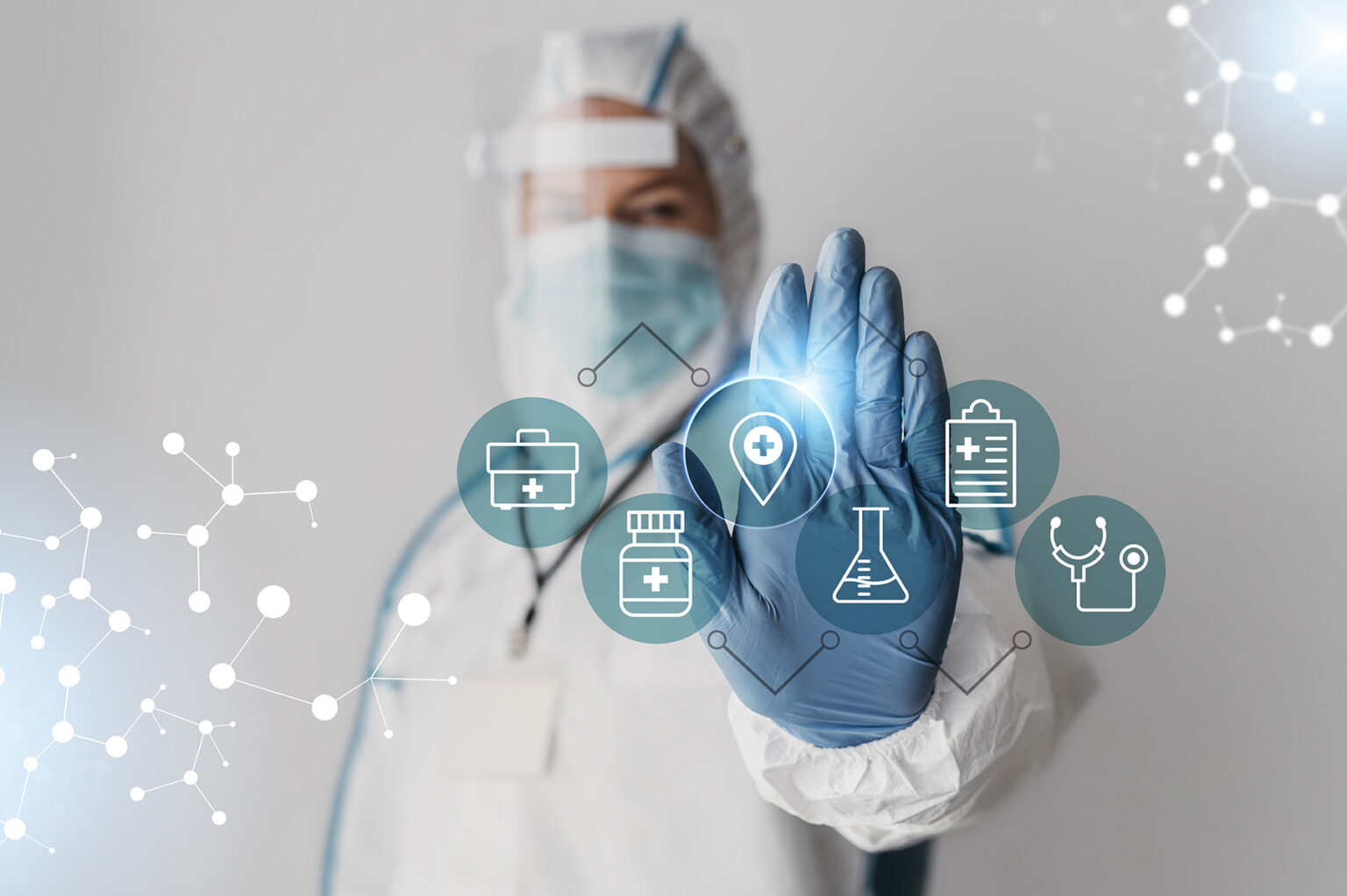Artificial intelligence (AI) is profoundly transforming the field of medicine, revolutionizing areas from patient care to drug discovery. With its capacity to process vast amounts of data at unprecedented speed, AI empowers doctors, researchers, and healthcare organizations to deliver more accurate diagnoses, personalize treatments, and enhance operational efficiency. As the field advances, AI’s potential to redefine the future of healthcare appears boundless.
1. AI-Powered Diagnostics: Enhancing Precision and Speed
AI is revolutionizing diagnostics by enabling tools that greatly enhance accuracy and efficiency. Machine learning algorithms analyze medical images—such as X-rays, CT scans, and MRIs—faster and more accurately than human interpretation. AI models have been developed to detect early signs of diseases like cancer, cardiovascular conditions, and neurological disorders, sometimes identifying potential issues even before symptoms manifest.
In specific cases, AI-driven diagnostic tools have demonstrated superior accuracy to radiologists in detecting cancers, such as breast, lung, and skin cancers. For instance, Google Health’s AI model has shown higher precision in breast cancer detection than human radiologists. Furthermore, AI enhances the diagnosis of rare diseases by utilizing decision-support systems based on comprehensive patient data, including medical history, symptoms, and laboratory results, leading to more accurate and timely treatments.
2. Personalized Medicine: Customizing Treatments for Individual Needs
AI is redefining personalized medicine by tailoring treatments based on individual genetic makeup, lifestyle, and other relevant factors. AI-powered analytics process vast datasets to predict patient responses to various therapies. In oncology, for example, AI models recommend targeted therapies aligned with specific cancer mutations, improving treatment effectiveness. Additionally, AI’s capacity to analyze electronic health records allows for pattern recognition in patient histories, supporting early intervention and enabling more effective preventive measures.
3. Drug Discovery and Development: Accelerating Innovation
AI is expediting drug discovery and development by identifying potential drug candidates with greater speed and precision. It can predict molecular interactions, suggest modifications to enhance drug efficacy, and streamline testing. The COVID-19 pandemic underscored AI’s value in drug discovery, with AI models identifying existing drugs that could treat the virus and aiding the development of new treatments for conditions such as Alzheimer’s, Parkinson’s, and autoimmune diseases. Furthermore, AI refines clinical trial design by analyzing patient data to identify ideal candidates and predict trial outcomes, significantly improving the overall efficiency of the drug development process.



